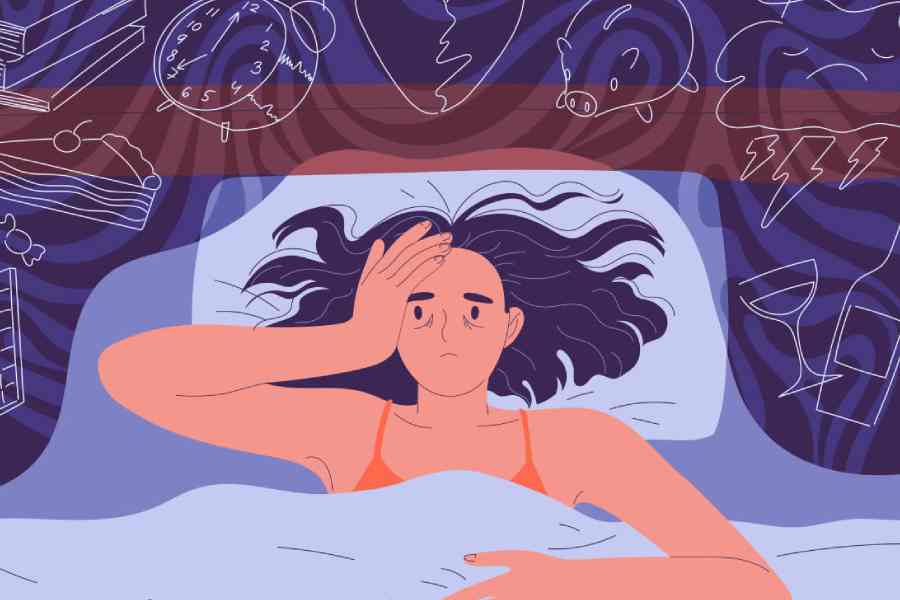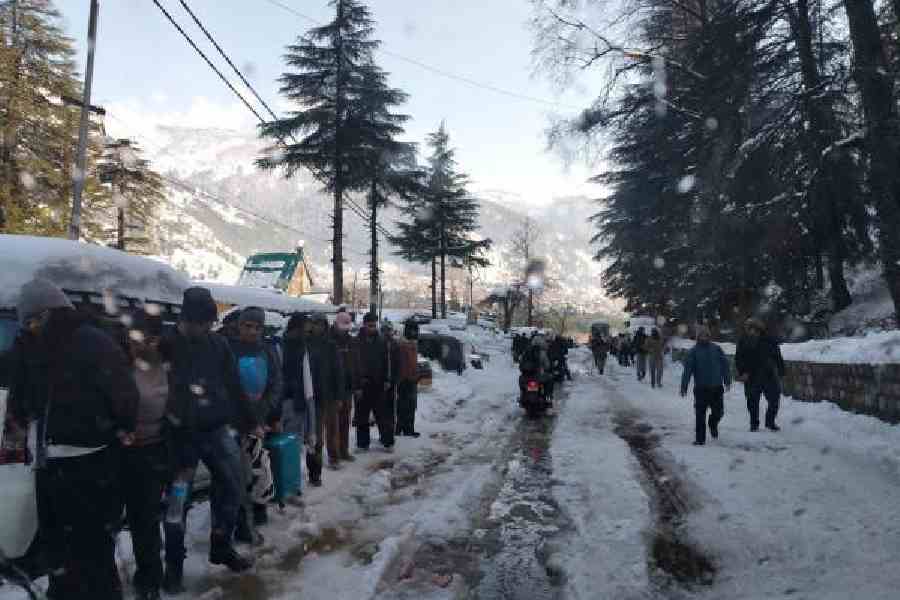The world celebrated ‘sleep day’ in March in the hope of good and healthy sleep, but a survey on sleep among Indians by LocalCircles has thrown up jarring numbers on the quality of sleep in India. Titled “How India Sleeps”, the survey of 13,438 people across India found that 55% of respondents take less than 6 hours of continuous sleep per night. Only 43% are taking 6-8 hours of uninterrupted sleep while 21% are sleeping up to 4 hours without interruption.
Are we living in a sleep epidemic? If we analyse the figures presented by the survey, we can safely see a pattern where the majority of respondents have a sleep deficit of 2-3 hours daily, 60-90 hours monthly, and 730-1,095 hours annually. Most of us sleep unevenly. Fractured and reduced sleep has, evidently, become a standard feature not only in India but, as other studies have indicated, also in the United States of America and the United Kingdom.
Historians of sleep have tried to understand how people have slept over centuries. A. Roger Ekirch suggested that people’s sleeping habits changed with industrialisation since the nineteenth century. According to him, before industrial work ethics, people in the West took biphasic sleep — that is, they slept in two halves with a break around midnight. But with the growth of artificial lighting, industrial work culture, and socialisation at night, people shifted to a single-segment sleep — one consolidated long sleep.
What is happening now is that even that consolidated sleep is getting reduced. The LocalCircles survey reveals that in 2022, about 50% people slept less than 6 hours; in 2023, this percentage has increased to 55. Pressures on sleep continue to grow with the entrenchment of information technology, visual media, flexible work hours, and the rapid growth of the 24x7 service economy. An accelerated economy needs labour power that is available 24x7 in shifts.
At the same time, the sleep industry, which has commodified sleep, is to touch the 101-billion-dollar mark in 2023. A sleepless person can buy comfort pillows, perfect bedding, sleeping pills, sleep-inducing beverages, sleep music, sleeping apps, and self-help books on how to sleep better. Coolers, air conditioners, heaters, and air purifiers have all made permanent abodes in our bedrooms to improve our sleep. The environmental cost and the financial pressures of securing good sleep are rising.
The LocalCircles survey points out various factors causing sleep disturbances in this order: waking up to go to washrooms (61%); going to bed late and early morning domestic work (27%); disturbances resulting from mosquitoes and noise pollution (24%); medical conditions (20%); childcare and partner needs (12%); mobile calls and messages (14%); uncomfortable bedding (10%); and other interruptions (10%). Now compare this survey to a 2005 study in the UK where the key sleep disrupters were childcare (41%), work worry (15%), and noise. These surveys capture quite a lot but they also miss various individual circumstances, varied cultures of sleep, and climate change. For example, changing climate and hotter nights are adding to our sleep distress.
Sleeping little is associated with various diseases, reduced productivity, and increased stress. While some of the factors of sleep deprivation — work schedules, noise pollution, phone calls and messages, uncomfortable bedding — are controllable, others are not. The growing validity of late-night socialisation and online entertainment continues to steal hours from our sleep. Sleep is thus prey to the demands of both work and leisure. Rescuing sleep from these artificial factors needs to be the priority of governmental initiatives, family ethos, and personal care.
Arun Kumar is a historian based at Nottingham University, United Kingdom. The author is thankful to the LocalCircles for their survey which can be accessed at https://www.localcircles. com/a/press/page/sleepdisruption-survey











